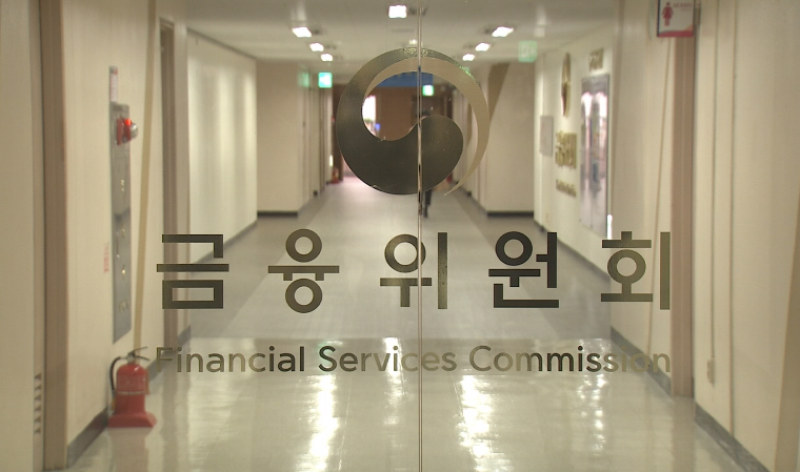
Seoul, South Korea – The South Korean government is set to introduce a new policy that will allow seniors to convert their life insurance policies into annuities, providing them with a steady stream of income during their retirement years.
The Financial Services Commission (FSC) announced its "2025 Key Policy Implementation Plan" last week, which includes a "5-type set of senior support insurance" initiatives. One of the most significant changes is the ability for individuals to convert their death benefits into lifetime annuities.
Under the new policy, individuals who have fully paid their life insurance premiums and are both the policyholder and the insured can opt to receive a portion of their death benefit as an annuity. For instance, if the death benefit is 200 million won, the policyholder could choose to receive 100 million won as an annuity over several years, while the remaining 100 million won would be paid to their beneficiaries upon death.
Furthermore, individuals can choose to receive services like nursing home admission or healthcare usage instead of a cash annuity. Approximately 3.62 million existing insurance policies are eligible for this conversion. For policies without such a special clause, a universal annuity conversion clause will be added.
“The elderly tend to have limited financial assets and primarily own real estate and life insurance policies,” said an FSC official. “We believe that insurance policies should be utilized like housing annuities.”
The FSC will finalize the details of the policy, including the maximum percentage of death benefits that can be converted into annuities, in consultation with insurance companies and is expected to release the guidelines next month.
In addition to the life insurance conversion, the government plans to expand the coverage of long-term care insurance for the elderly and chronically ill from 70-75 years old to 90 years old, with a maximum coverage age increasing from 100 to 110 years old.
The government will also simplify the process of using Individual Savings Account (ISA) and pension savings accounts for medical expenses. Individuals who withdraw funds from their ISA for medical purposes will be able to restore their contribution limit, and medical expenses incurred using a card linked to the account will be automatically recognized as medical expenses.
Other initiatives include the introduction of preferential interest rates for insurance contract loans. Vulnerable groups, such as elderly customers, existing high-interest rate product holders, and customers with high contributions to insurance companies, will be eligible for additional interest rates. The specific criteria for preferential interest rates will be determined by each insurance company based on their contract characteristics and customer preference strategies.
Moreover, the government plans to introduce a trust contract that allows individuals to set up a trust for all their assets. This trust will provide annuities during the early years of retirement, followed by nursing care and inheritance in later years.
[Copyright (c) Global Economic Times. All Rights Reserved.]






























